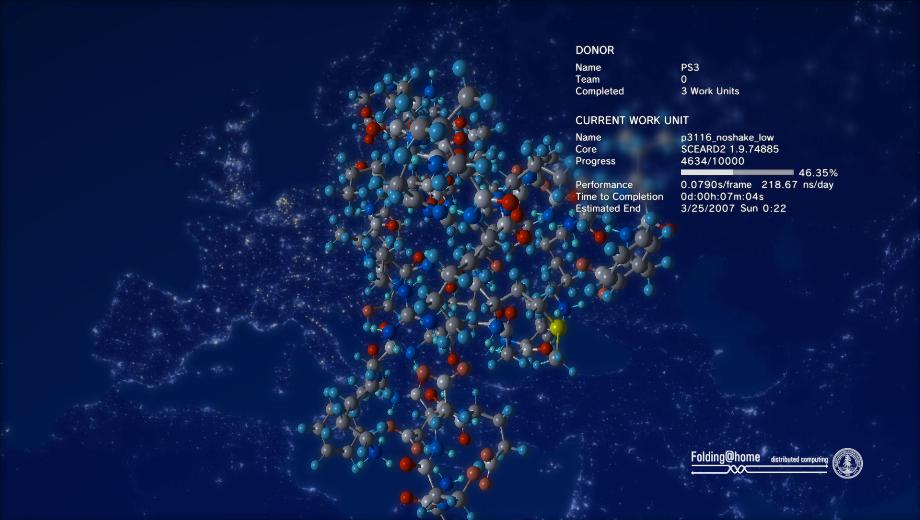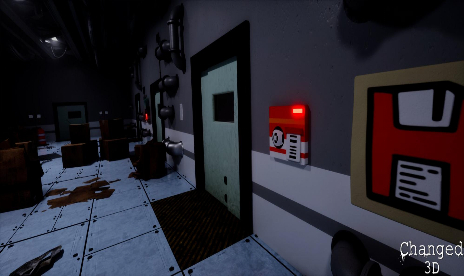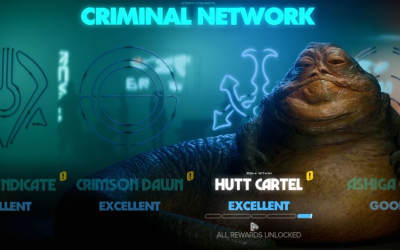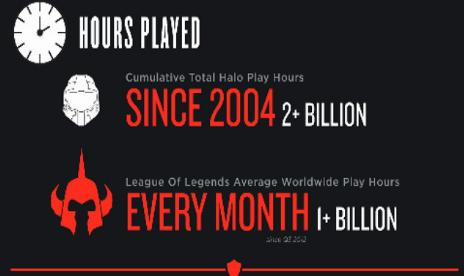Playstation 3 Significantly Accelerates Folding DNA Research

Sony officials were very proud as they announced that Stanford University's Folding@home distributed computing capacity has more than doubling since Playstation3 joined the effort.
According to Sony, more than 250,000 unique PS3 users have registered to the program in just one month. PS3 users are delivering nearly 400 teraflops, representing more than half the computing capacity of the network's 700 teraflops at a single moment.
"The PS3 turnout has been amazing, greatly exceeding our expectations and allowing us to push our work dramatically forward," said Vijay Pande, Associate Professor of Chemistry at Stanford University and Folding@home program lead. "Thanks to PS3, we have performed simulations in the first few weeks that would normally take us more than a year to calculate. We are now gearing up for new simulations that will continue our current studies of Alzheimer's and other diseases."
"PS3 fans can also be part of history as the Folding@home distributed computing program inches closer to achieving a petaflop – a measure of computing power that has never before been reached", commented Masayuki Chatani, Corporate Executive and CTO Computer, Sony Computer Entertainment Inc.
In related news, an update for the Folding@home software will be released within a few days. The update will improve folding calculation speeds, increase visibility of user location on the globe and give the ability for users to create longer donor or team names. PS3 users can download the new update version 1.1 by restarting the Folding@home application.





![The Rogue Prince of Persia v1.0.4 (+9 Trainer) [LinGon]](https://9588947a.delivery.rocketcdn.me/wp-content/uploads/2026/02/The-Rogue-Prince-of-Persia-01-464x276.jpg)
![Final Fantasy VII Remake Intergrade v1.0-v20260122+ (+24 Trainer) [FLiNG]](https://9588947a.delivery.rocketcdn.me/wp-content/uploads/2024/01/ff7ri-464x276.jpg)
![DuneCrawl v1.0 (+3 Trainer) [PLAYMAGiC]](https://9588947a.delivery.rocketcdn.me/wp-content/uploads/2026/02/DuneCrawl-01-scaled-464x276.jpg)


























